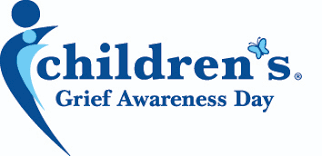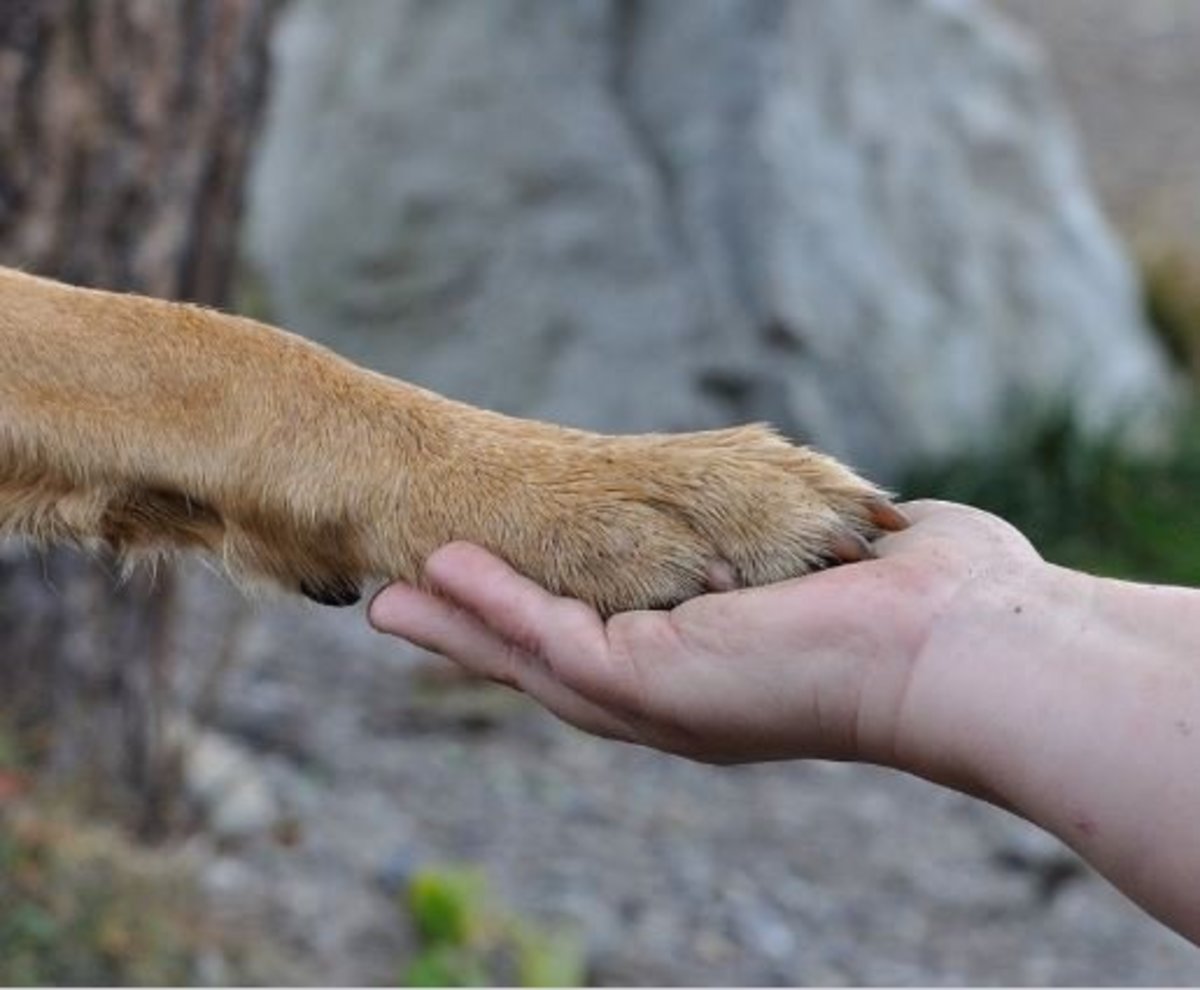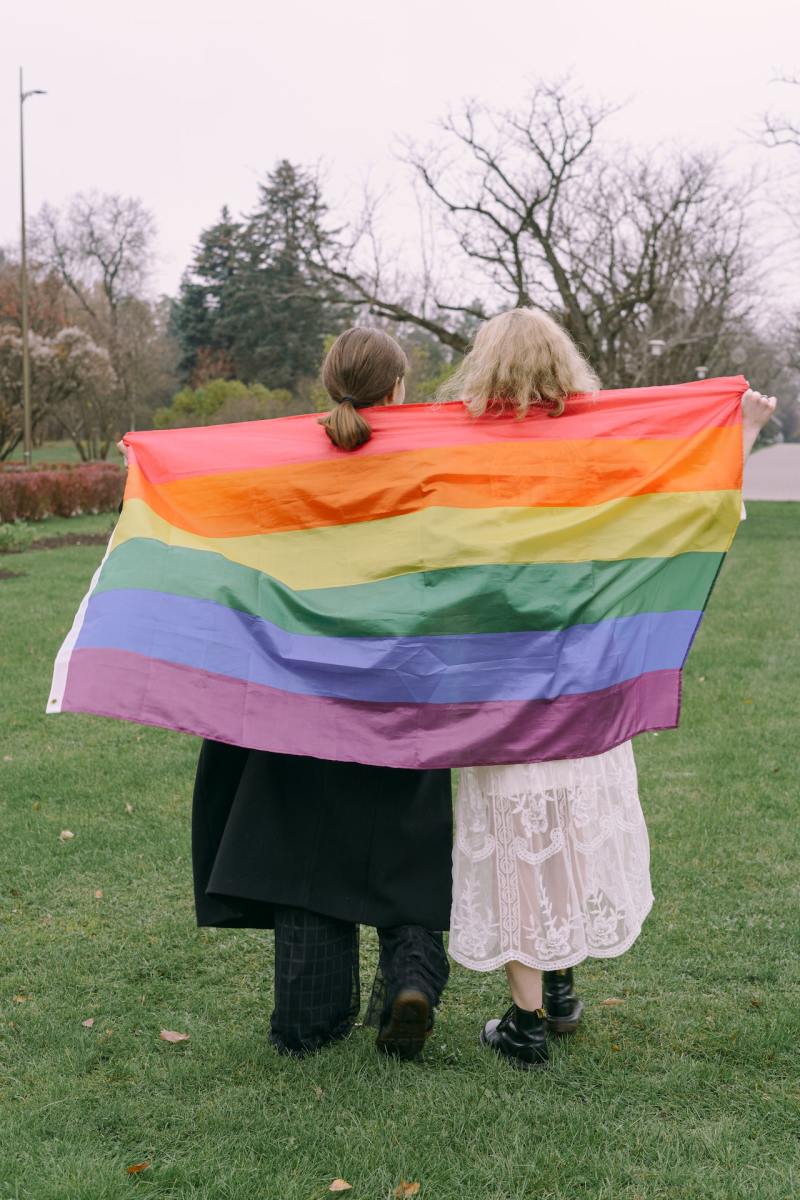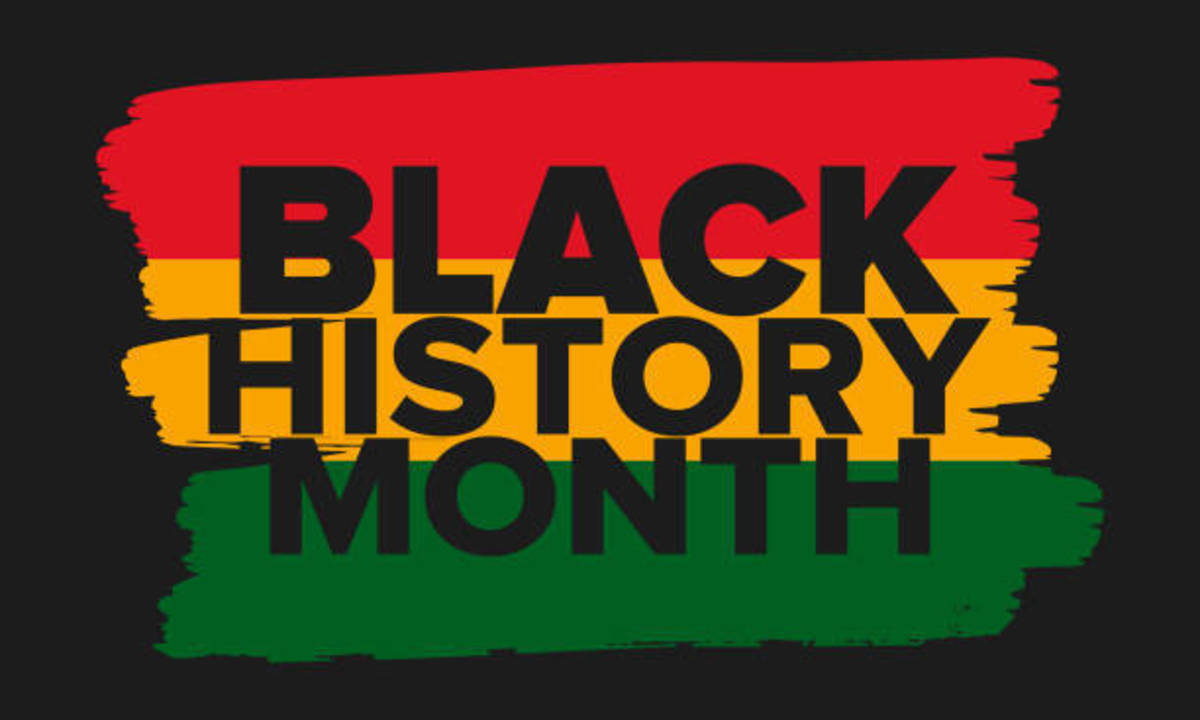Children's Grief Awareness Day: Grief Is Never Easy To Understand
Kids Don't Have To Grieve Alone

Grief Is Impossibly Difficult. How Do We Help Kids Navigate It?
Grief is probably one of the most complicated emotions that human beings can go through. There's no question; it's an emotion that can last months, if not years, and can be triggered by any sort of loss, whether that be the loss of a relationship, a family pet, or the death of a loved one.
It's hard enough trying to deal with all of that as an adult; now try navigating something so complicated as a teenager, or as a young child.
That is ultimately the idea behind Children's Grief Awareness Day - that no child should grieve alone.
Children are already dealing with some complicated emotions, just by learning to navigate the world around them. They learn that angry outbursts are not the way to express that they are unhappy with something that happened and that if they need information, they need to ask for it.
Unfortunately, they also learn that life is not permanent and that their most beloved people and pets will eventually die.
The problem is that there are no clear cut rules for navigating grief. The one commonality across many people is that, over time, the pain involved in grief does ease, though the hole left by that person's passing continues to be felt.
ChildrensGriefAwarenessDay.org notes that one of its projects, "Holding Onto Hope," is designed to let kids who are grieving know that there is hope in the grieving process and that they are, in fact, not alone as they grieve. Children's Grief Awareness Day is about making families aware of the resources available to children as they try to navigate the pain and the hurt associated with their grieving process, letting children know that there are people supporting them that care about them, and that there will be a time when their sense of loss and grief won't always be so palpable.
It used to be that we would discuss the stages of grief as something sequential that we all go through. I remember my therapist once telling me that the idea of grief being in stages makes it seem like people are climbing stairs, or something - "OK - I've gone through anger and bargaining, so what's next?" The challenge is, sometimes, even when you think you're doing all right, anger will return again, even when you feel you've hit the acceptance stage, or depression might continue to bob through your process like a cork on the ocean.
We understand that - sort of - as adults, and we know how much it frankly sucks having to navigate that. The dreams, or the sleepless nights, the crying, the nights where we just want to scream until our lungs burn - we all have experienced shades of that when we grieve as an adult. The problem is, kids aren't at the stage where grief seems like something they can logic out. They could care less about the stages of grief as explained by Elisabeth Kubler-Ross and David Kessler; they just want their mom or dad back, or their dog, or whatever the thing they lost was. Kids also have the added delight of trying to navigate the ups and downs of just being a kid through all of this, and from what I hear, the last thing so many of them want is to stand out more than they already feel they do. There are kids who are grieving that insist they are fine, if only to convince their caregivers that this is the case and to ease any worry that the caregiver might have. As a result, there are many kids who are struggling through their grief process that we may not know of.
There are also those who have every single support available to them and still are struggling. It isn't easy to disclose your feelings to someone that you know and trust, and it's can be worse when you're a kid face to face with a stranger meant to help you and you are told you need to open up and talk about how you're feeling in your unique situation.
It may also be that children are told - or seem to be, anyhow - that there's a timeline on grief. Consider situations where adults have had the conversation that goes something like, "It's been a year...two years...six months. When are they going to bounce back?" This implies that there is some sort of a time frame during which people are expected to work through their grieving process and suddenly be "normal" again.
Well, that's not how grief works, either. All of us have past "baggage" that will have an impact on how we process everything from our interpersonal relationships to something like grief. Sites like the Mayo Clinic suggest if you have a hard time moving through the grieving process in a year, you have what's called "complicated grief," but by the same token, there should also be an understanding that the grieving person might have gone through a whole lot of other issues, for lack of a better term, prior to embarking on their grieving process. There may have been other losses that will impact how they go through grief.
Kids are no different, and they need - as adults do, and even more so - to know that they are not alone. Kids need to know that how they're feeling following a loss is normal and that the anguish is not permanent. They need to be reminded, as adults sometimes do, that there are those that care about them that will help them get through this.
Life's hard enough without throwing grief into the mix. Let's make sure kids know that as they're grieving, we've got their backs.








